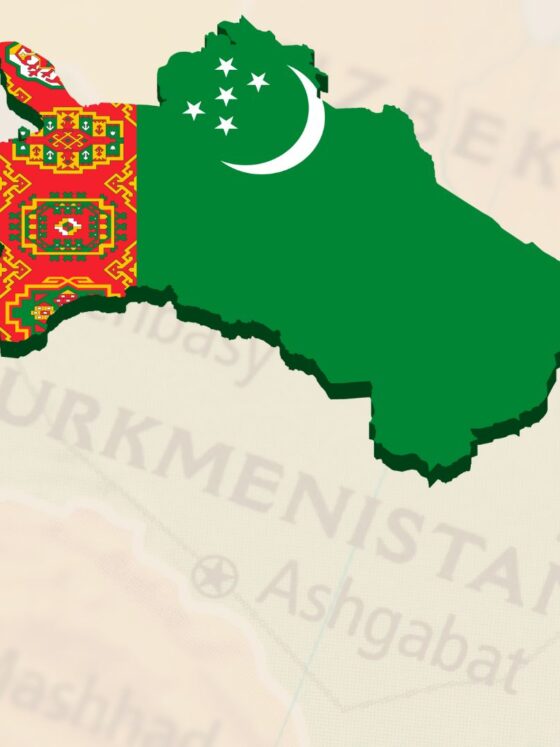Giant Gap Discovered in Research on Central Asia: How Climate Change Has Been Overlookedby the Research Community
On July 5 (2022), Indra Overland presented new research findings at the Central Asia Program from his recently coauthored article with Roman Vakulchuk. The findings indicate that the Central Asia studies community has failed to engage with climate change and related issues.
“A Void in Central Asia Research: Climate Change”
This article assesses the extent to which the academic community engaged with climate change in Central Asia between 1991 and 2021. The article finds that climate change has been neglected in the field of Central Asia area studies. Out of a total 13,488 journal articles in eight key journals for Central Asia research, only 33 articles (0.24%) were on climate change or a related topic. Climate change has been similarly neglected at the events of 17 Central Asia area studies associations. Out of 1,305 conference panels, none was focused on climate change. Out of 10,249 individual presentations, only two (0.02%) were focused on climate change. The very same scholars who have been most active in the securitization of Central Asia have ignored the severe security threats that climate change poses to the region. This article contributes to the field of Central Asian studies by drawing attention to severe knowledge gaps that hinder the Central Asian countries from adapting to climate change. It concludes with six recommendations.
Indra Overland is a Research Professor and Head of the Center for Energy Research at the Norwegian Institute of International Affairs (NUPI). He has carried out fieldwork in all the Central Asian states and has been responsible for cooperation between the OSCE Academy in Kyrgyzstan and NUPI since 2007. He is the author of “Caspian Energy Politics: Azerbaijan, Kazakhstan and Turkmenistan” (Academia), and the coauthor of “Central Asia Is a Missing Link in Analyses of Critical Materials for the Global Clean Energy Transition” (One Earth), “Resource Extraction, Environmental Concerns and Social License to Operate in Kyrgyzstan” (Routledge), “Why Choose to Cycle in a Low-Income Country?” (Sustainability), , “China’s Belt and Road Initiative through the Lens of Central Asia” (Routledge) “Kazakhstan: Civil Society and Natural Resource Policy in Kazakhstan” (Palgrave Macmillan), “Renewable Energy Policies of the Central Asian Countries” (CADGAT). Prof. Overland strives for policy relevance in his research and has been cited in The Financial Times, The Wall Street Journal, Newsweek, the Associated Press, Bloomberg, the BBC World Service, Al Jazeera, the CBC, and The Guardian.
Moderator, Sebastien Peyrouse
Research Professor, Central Asia Program, IERES, George Washington University and a Senior Fellow with the George H. W. Bush Foundation for U.S.-China relations. His main areas of expertise are political systems in Central Asia, economic and social issues, Islam and religious minorities, and Central Asia’s geopolitical positioning toward China, India and South Asia.











